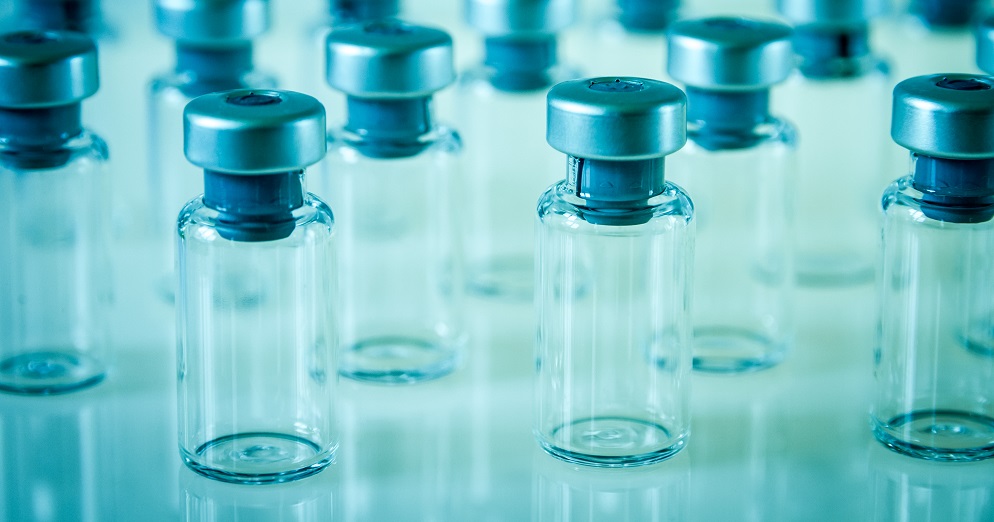Gevonden en geen enkel bewijs dus. Ik wou documenten zien. Ik kan zelf ook een tweet posten met: ik heb een tijdje geleden 12 producten laten onderzoeken door een speciaal lab en heb de resultaten binnen.
Overal zit mRNA in!!!

Niet meer gebruiken die troep!
En toevallig kan ik geen document uploaden waarin bijvoorbeeld de namen zijn afgeschermd

Here’s why the mRNA can’t insert into your genetic code
Your genetic code is made up of a different, but related, molecule to the vaccine mRNA, known as DNA, or deoxyribonucleic acid. And mRNA can’t insert itself into your DNA for two reasons.
One, both molecules have a different chemistry. If mRNAs could routinely insert themselves into your DNA at random, this would play havoc with how you produce proteins. It would also scramble your genome, which is passed on to future cells and generations. Life forms that do this would not survive. That’s why life has evolved for this not to happen.
The second reason is vaccine mRNA and DNA are in two different parts of the cell. Our DNA stays in the nucleus. But vaccine mRNA goes straight to the cytoplasm, never entering the nucleus. There are no transporter molecules we know of that carry mRNA into the nucleus.
But aren’t there some exceptions?
There are some extremely rare exceptions. One is where genetic elements, known as retro-transposons, hijack cellular mRNA, convert it into DNA and insert that DNA back into your genetic material.
This has occurred sporadically throughout evolution, producing some ancient copies of mRNAs scattered throughout our genome, to form so-called pseudogenes.
We know of no studies looking for vaccine mRNA in the DNA of people who have been vaccinated. There is no scientific basis on which to suspect this insertion has happened.
However, if these studies were to be carried out, they should be relatively straightforward. That’s because we can now sequence DNA in
single cells.
Should people be concerned about the Pfizer and Moderna vaccines affecting their genetic code?
www.uwa.edu.au
Niet in single cells misschien, maar hoe zit het met celweefsels en neurale netwerken?
Hoe 'rare' is 'extremely rare'?
Wat zijn de gevolgen als het wel gebeurt?
 gedachtenvoer.nl
gedachtenvoer.nl
 gedachtenvoer.nl
gedachtenvoer.nl











